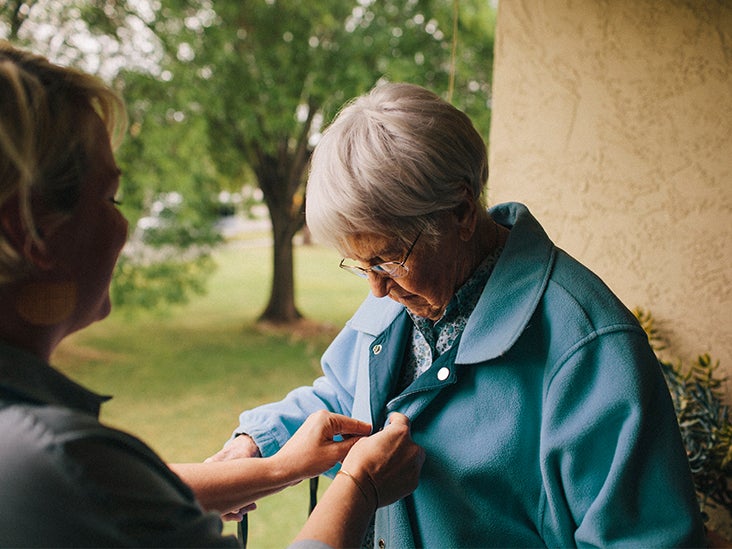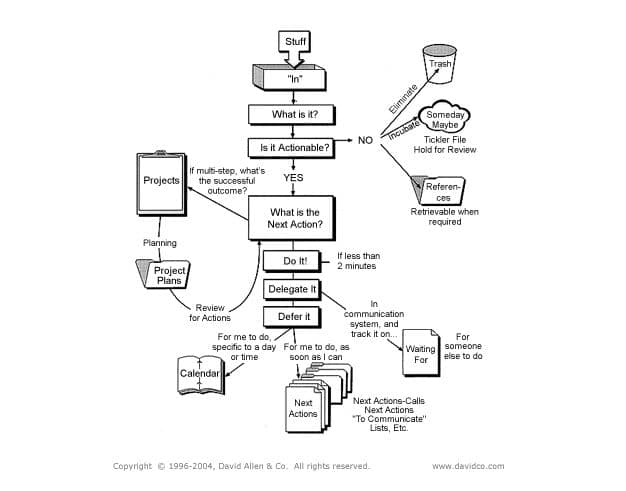Luxury homes for sale in Gunzenhausen, Bavaria, Germany
Table of Content
For example, Part B covers your doctor visits and medical therapy visits, and if you need hospital care, Part A benefits apply. If you have a Part D Prescription Drug Plan, the medications you take in the nursing home are usually covered. You may have to enroll in a plan that works with your nursing home pharmacy, but the facility should help you choose the right coverage. Before Medicare covers skilled nursing home costs, you must have a qualifying hospital stay of at least three inpatient days prior to your nursing home admission. You must have inpatient status for at least three days; time spent in the emergency department or observation unit doesn’t count toward the three-day requirement.

Because care homes are all different, it’s important to understand the amenities and general structure of any care home you’re considering for yourself or a loved one. When mobility becomes a concern, assisted living can be a good fit. The suites are designed with senior needs in mind, and theres a trained, professional staff available around the clock in the event of a fall, or if Richard needs help getting dressed in the mornings. Additionally, there will be plenty of activities and programs to get him back to his social self. Tina basilovecchioplease help me find assistant living in new jersey that accepts medicadeLynn WilliamsIm looking for an assisted living facility for my mother that accepts medicaid early on.
Step 2. Find Plans With Confidence
The facility will also need to be a qualified Medicare provider that has been approved by the program. Some also finance it with reverse mortgages, life insurance options and annuities. Medicare Part A covers up to 100 days at a skilled nursing facility. According to the Medicare Rights Center, “Medicare will not cover the cost of your stay if you need additional days,” or if you need long-term care in an assisted living facility.
Most Memory Care Facilities are considered to be “social settings,” so Medicare does not cover the cost incurred in these facilities. The only exception to that is if you are receiving memory care services in a Nursing Home. While this situation is much less common, Medicare would sometimes cover the cost, depending on a number of circumstances. The assisted living communities of today are focused on offering social activities, cultural programs, group outings, gourmet dining, and even professional entertainment. Residents can be as social as they want and are free to do as they please. Seniors looking to live on their own might consider enrolling in a plan that includes services that support autonomy.
Find Medicare & Medicaid Assisted Living:
Residential care homes offer some unique benefits thanks to their small size and care models. We explain some of the most prominent benefits in more detail below. New Jersey is an income cap state, meaning that in order to be eligible for Medicaid long term care benefits there is a hard income limit.

Luckily there are options that still allow seniors to remain independent and enjoy the comfort of a home-like setting. A residential care home is a great option because it offers a home-away-from-home setting while still providing needed care and supervision. Other resources that seniors can use to help pay for assisted living expenses can be found in your local Area on Aging department or other programs.
Social Security & Medicare
If you have a private Medicare supplement policy, also known as Medigap, it may cover the copayment for an SNF stay; however, policies will not cover assisted living costs that Medicare doesn’t cover. While both types of communities offer a similar level of care, including personal care assistance and assistance with daily living activities, care homes are much smaller. Care homes typically have fewer than ten residents, while assisted living communities can have hundreds. Due to their larger size, assisted living facilities also tend to have more amenities. It’s important to note that Medicare does not cover the cost of residential care homes– the only residential senior care covered by Medicare is nursing homes, and only in certain circumstances.

If you’re staying in an assisted living facility and are taking listed prescription medications, Part D will cover them. The purpose of this communication is the solicitation of insurance. Contact will be made by a licensed insurance agent/producer or insurance company. Medicare Supplement insurance plans are not connected with or endorsed by the U.S. government or the federal Medicare program. We sell insurance offered from a number of different Medicare Supplement insurance companies.
Many seniors will secure part-time help in the form of a home care aide, or their loved ones may step in to lend a helping hand as needed. Once you enroll, your Medicare coverage starts on the first day of the following month. Assisted living is a step between living at home and living in a nursing home. It blends medical monitoring and help with daily activities while providing as much independence as possible. So, what can you do if yourself or a loved one may need assisted living care in the coming year? Assisted living is a type of long-term care that helps monitor your health and assist with daily activities while still promoting independence.
Many assisted living communities will offer guidance from case managers and intake workers to help you navigate the Medicaid/Medicare process. It is common knowledge that the cost of living in an assisted living community can stretch a family's budget, even to the breaking point. Unfortunately, the alternative is to allow seniors to live in an environment that is lacking the much-needed assistance required for them to thrive.
Medicaid is a joint federal-state health insurance program for low-income people, including older adults. Although it does not cover room and board for assisted living, it may help pay for personal care services, on-site therapy services, and medication management. Seniors will typically need to pay a deposit on top of their monthly fees for assisted living.

To qualify, the veteran must meet service, asset and income requirements. You can compare costs among facilities and services with the AARP Long-Term Care Cost Calculator. This program assists Medicare-eligible individuals and family members to understand all parts of Medicare.
For seniors hoping to make friends with other residents and participate in many activities, care homes may have limited social opportunities compared to assisted living. With fewer residents, care homes tend to have more relaxed activity schedules. While this can benefit seniors who prefer to keep to themselves or socialize in unstructured ways, it can be a downside for those desiring the social aspect of residential care. In this guide, we’ll explain residential care homes in more depth to help you decide if this type of senior living is right for you or your loved one.

Along with retirement savings, there are some options you might want to consider. Even though Medicare doesn’tcover assisted living itself, you’ll still need medical care and services. Besure to reviewyour plan options under Medicare before selectinga plan. Although these services maynot be given in an assisted living facility, you’ll likely still need to usethem. In fact, some assisted living facilities can help coordinate medicalservices with your healthcare provider.
Comments
Post a Comment